Did you know that Louisiana gets more rain on average than any other state? Sadly, we still have issues with having enough clean drinking water and with keeping our waterways free of pollution. In this episode, we’re taking a deep dive down the well of problems facing our aquifers and natural waterways.
Lieutenant General Russel Honore', a 37-year army veteran and leader of the Green Army. Military and environmentalism probably don’t seem like something that go together, but General Honore’ explains how those two things are more closely related than you might think.
He is a Louisiana native who first became truly aware of the environmental crisis we are facing during Hurricane Katrina. In this episode he discusses the first time he was asked about climate change by a reporter to what he’s doing today to try and change legislation in Louisiana to prevent industry from being able to pollute our water, land and air.
Justin Ehrenwerth is the CEO of the Water Institute located in Baton Rouge. Some of the work being done there has already been discussed by a couple of our guests, but now we’re really getting a full understanding of the importance of the research they are doing.
Much of Ehrenwerth’s career has been impacted by the Deepwater Horizon (BP) Oil Spill, which happened on April 20, 2010. That event is considered to be the largest marine oil spill in history. Much of the money used to construct the Water Institute came from penalties paid from that tragedy.
Our last stop is out at BREC’s Howell Park farm in Baton Rouge to talk to Jacquel Curry, Farm Manager for Baton Roots. Armed with an engineering degree from Southern University (which is General Honore’s alma mater) and a love for agriculture, Jacquel is the perfect person to talk to about water. Seriously! You’ll understand when you listen to his full interview.
Links
Community Drinking Water Accountability Rule
The EPA is tackling pollution in ‘Cancer Alley’
Louisiana Drinking Water Protection Program
Terms
We’re building on this list with every episode. Below are the terms related to this episode. CLICK HERE to see the full glossary of terms.
Orphaned Wells - oil and gas wells that have been abandoned by fossil fuel extraction industries. These wells may have been deactivated because of economic viability, failure to transfer ownerships (especially at bankruptcy of companies), or neglect and thus no longer have legal owners responsible for their care. Orphaned wells are an important contributor of greenhouse gas emissions through leakage, through plus, or failure to plug properly.
Creosote - a compounds obtained by the distillation of tar derived from wood and especially from beech wood. It is classified as a hazardous material and is considered a probable carcinogen in humans. Railroad ties are often treated with creosote to preserve the wood and prevent damage from pests.

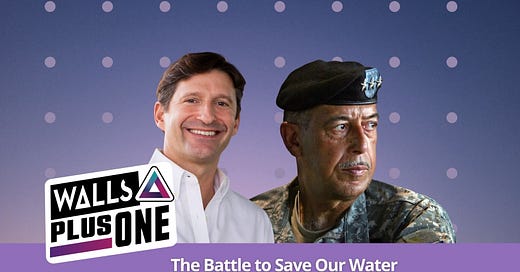





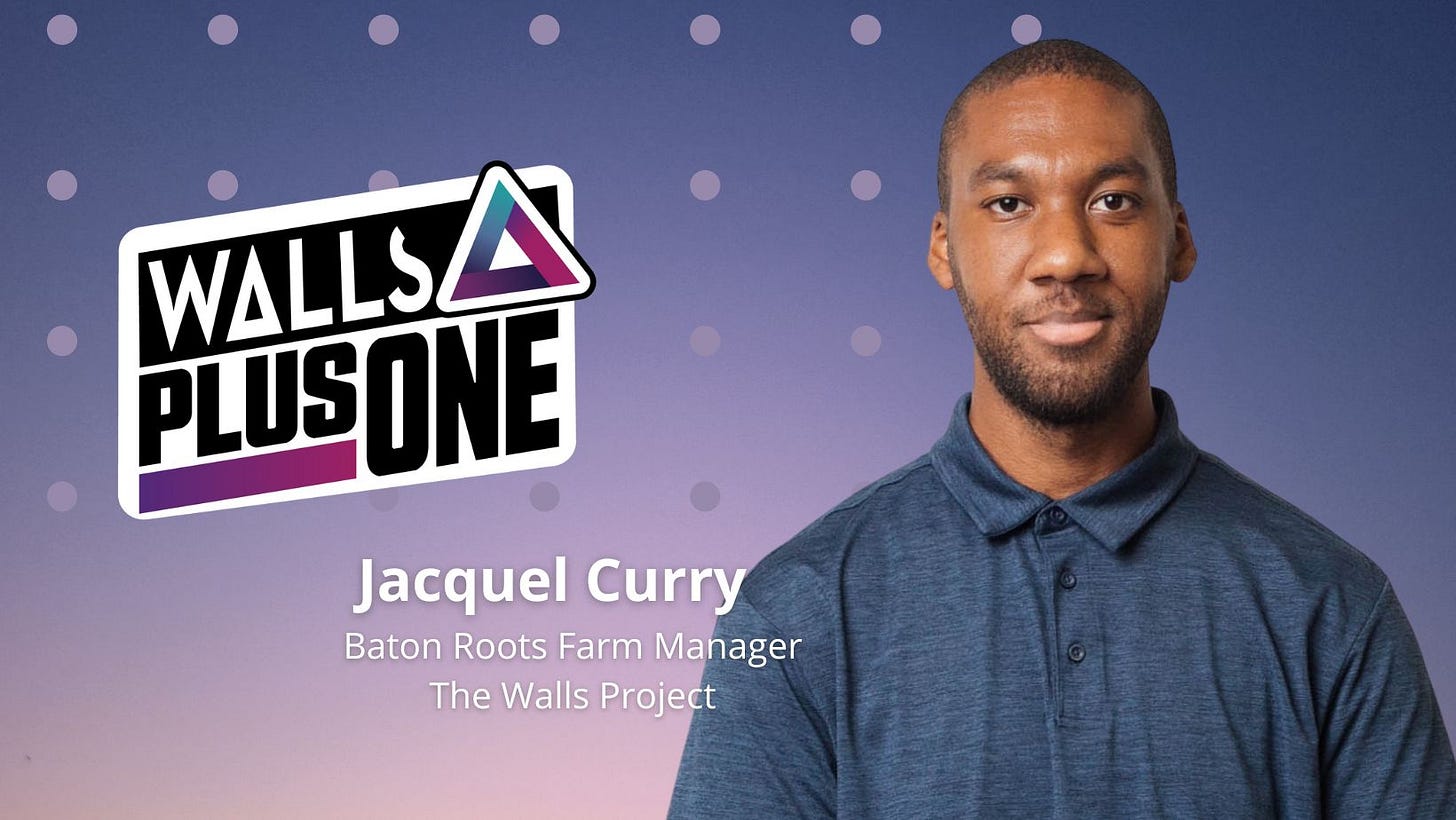

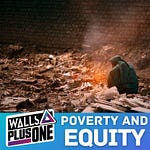

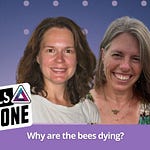



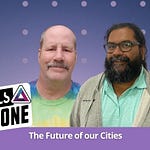
Share this post